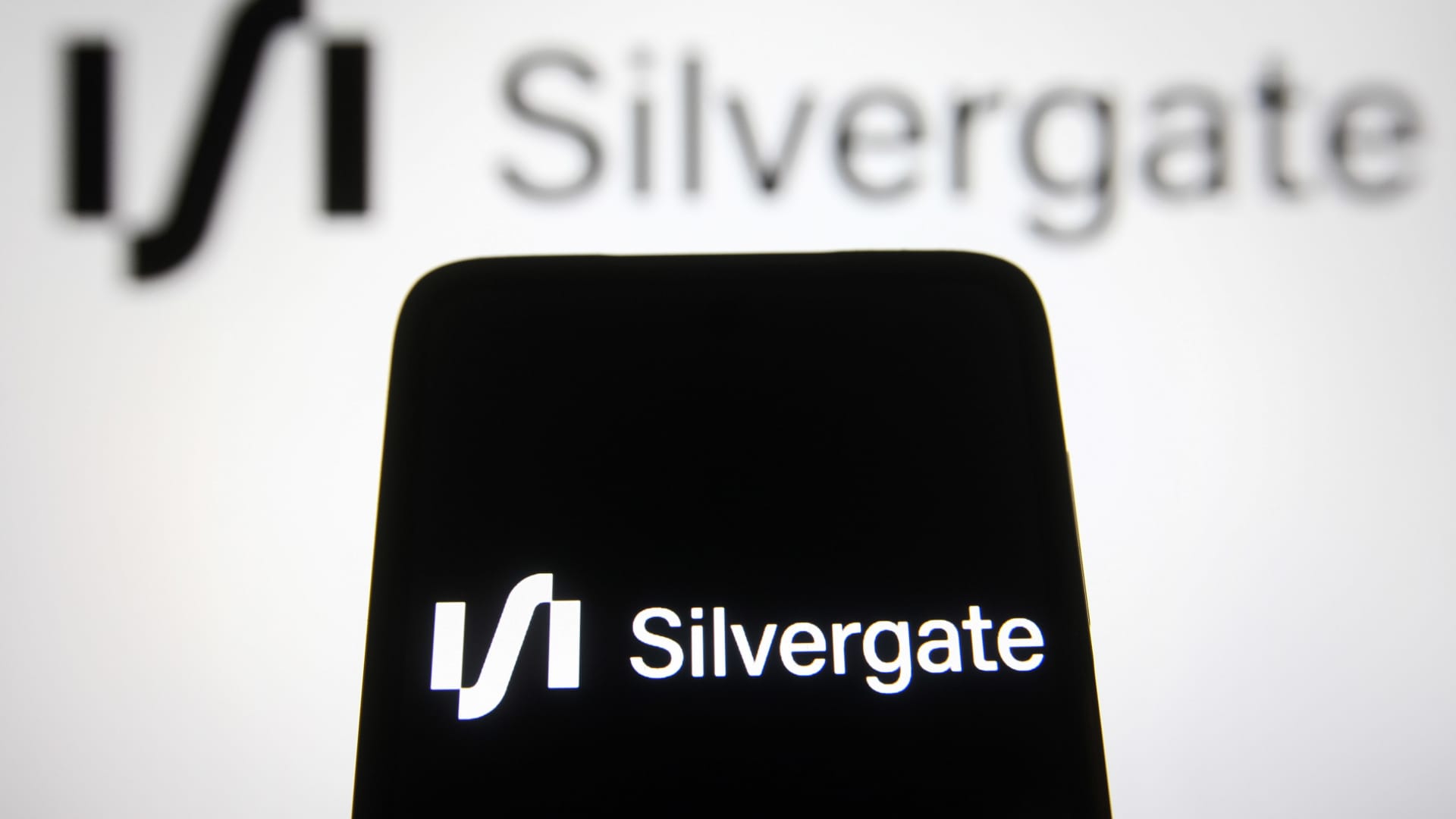I’ve been at odds with many people on the right, many on the left, and many in the approximate center for some time now. But various things I’ve learned have convinced me that many of them were right and I was wrong.
Here are some.
Bomb fentanyl factories in Mexico
I’ve run into a number of people who want the U.S. government to bomb fentanyl factories in Mexico. Although I haven’t written about it, I’ve opposed this on both moral and practical grounds. But I’m now convinced that the people who produce fentanyl are bad people even if they’re producing for good consumers who want it. And I think the history of U.S. foreign policy shows that bombing people in other countries is highly effective and has few negative unintended consequences.
Impose tougher sanctions on Iran
Earlier this week, I argued that economic sanctions on Iran harm a lot of normal, non-political Iranians. I still believe that. But I’ve now come to the view that such sanctions are justified because Iranians have a choice to overthrow their government. If they haven’t done so, that’s their problem. I am still struggling, though, with one of the apparent implications of my new view: when our government kills tens of thousands of innocent people in other countries, as, by the way, the Iranian government hasn’t done to us, are people in those other countries justified in getting their governments to prohibit trade with us even if it means that we go without needed goods?
Tax the rich more to make them pay their fair share
Even though the rich, at least as defined by high income, pay a higher percent of their income in taxes than the rest of us, they should be taxed even more. They’re not paying their fair share because a lot of their income is based on theft from the rest of us. My source on this is that noted 19th century French economist Honoré de Balzac, who noted wisely that “Behind every great fortune lies a great crime.” Along with Thomas Piketty, I’m sure he studied the data carefully before reaching that conclusion.
Ban Tik Tok
Many people today advocate banning Tik Tok because of their fear that it collects data from users and sends it to China’s government. And the Chinese government will almost certainly use this data against us and can do more harm to us with these data than the U.S. government is likely to do to us with the data it collects. So ban Tik Tok. And since we also have reason to think that various federal agencies are following us on Twitter and Facebook, ban Twitter and Facebook while we’re at it.
Bring back manufacturing jobs
While it’s true that real manufacturing output in the United States is only 5% below its 2007 peak, the downside is that the number of manufacturing jobs in June 2019 was a whopping 35 percent below its peak in June 1979.
We need more manufacturing jobs because manufacturing was one of the main contributors to the U.S. middle class. So the U.S. government should impose 10 to 20% tariff rates on all imports of manufactured goods. Doing so would cause both manufacturing output and manufacturing jobs will increase.
Tyler Cowen and the Great Barrington Declaration
I was fairly harsh in my treatment of Tyler Cowen in 2020 (here, here, here, and here) for what seemed to be his lack of concern for people who suffered from extensive lockdowns. He was very critical of Jay Bhattacharya and of the Great Barrington Declaration that Jay helped write. It came out later that one of the reasons Tyler was critical was that the American Institute of Economic Research (AIER), the place where the GBD was written, employed Jeffrey Tucker at the time. While it’s true that Tucker was neither author nor editor of the GBD, his presence at AIER when the GBD was written makes the GBD suspect. I’ve really come around to the view that guilt by association and, especially, guilt by distant association, is more appropriate than I once believed it to be.
For more on how I’ve changed my mind in the past, see this.















